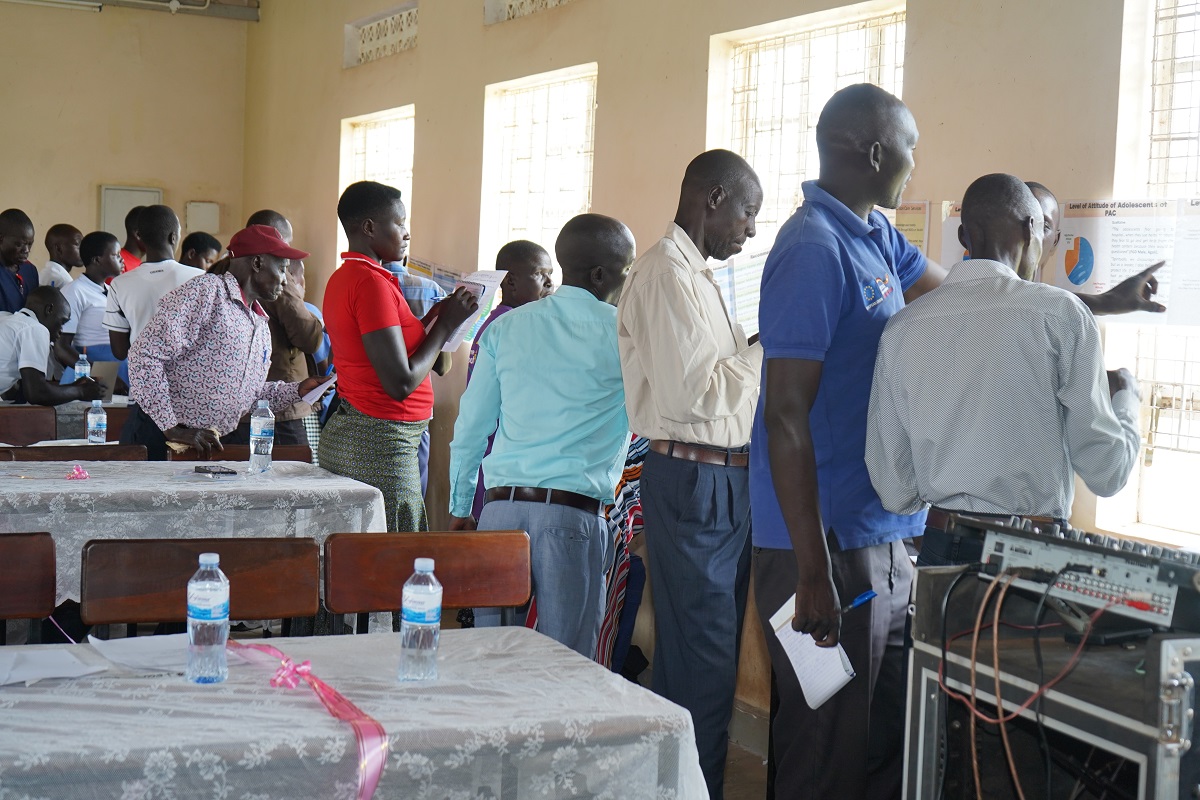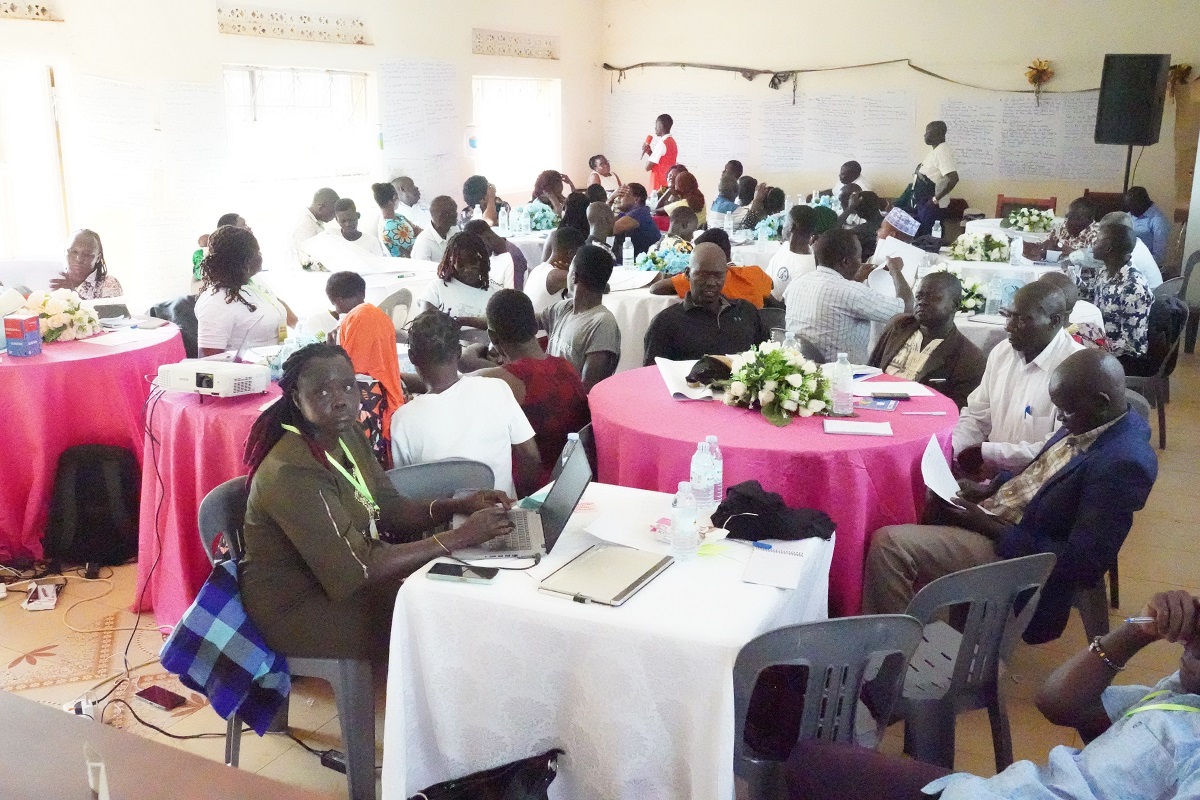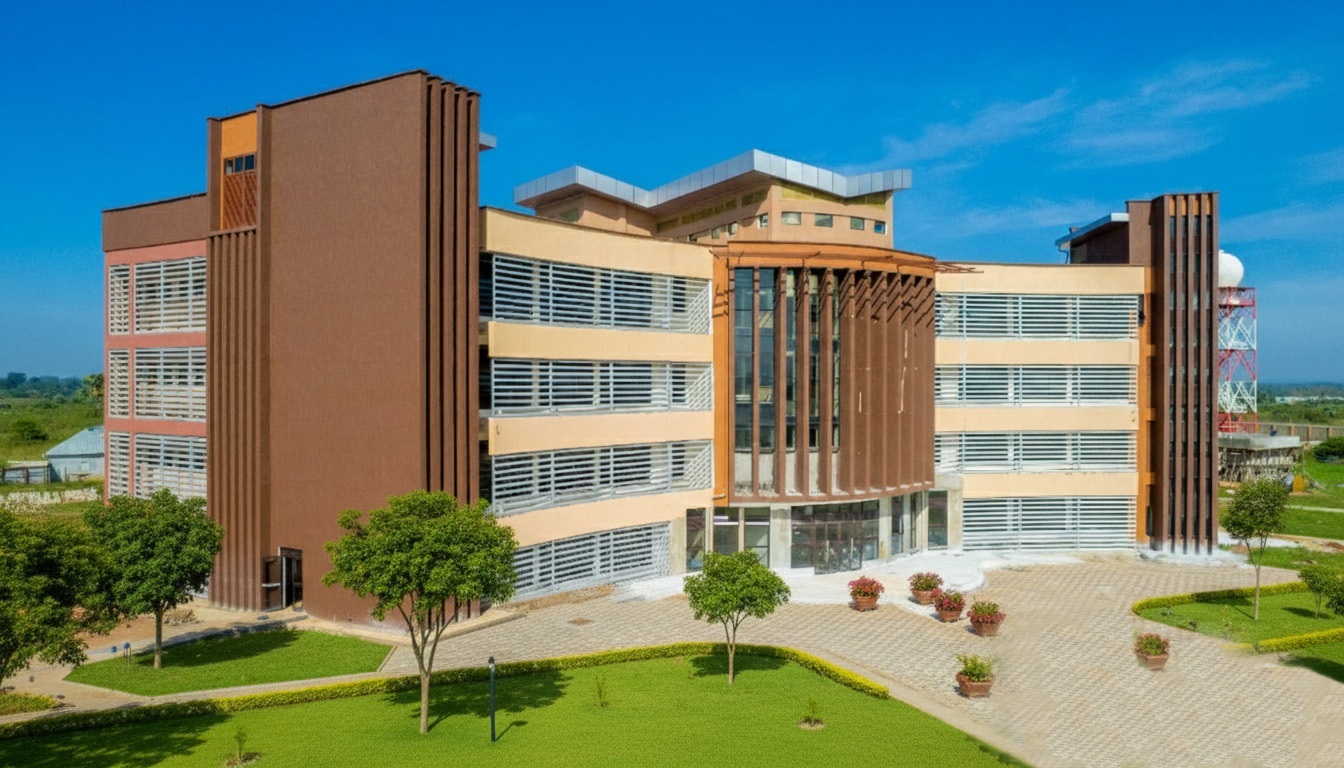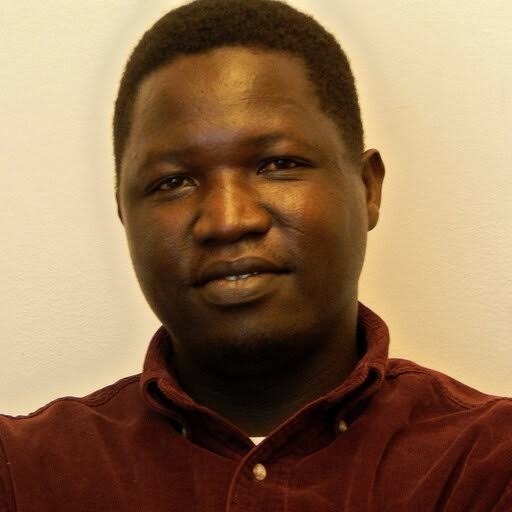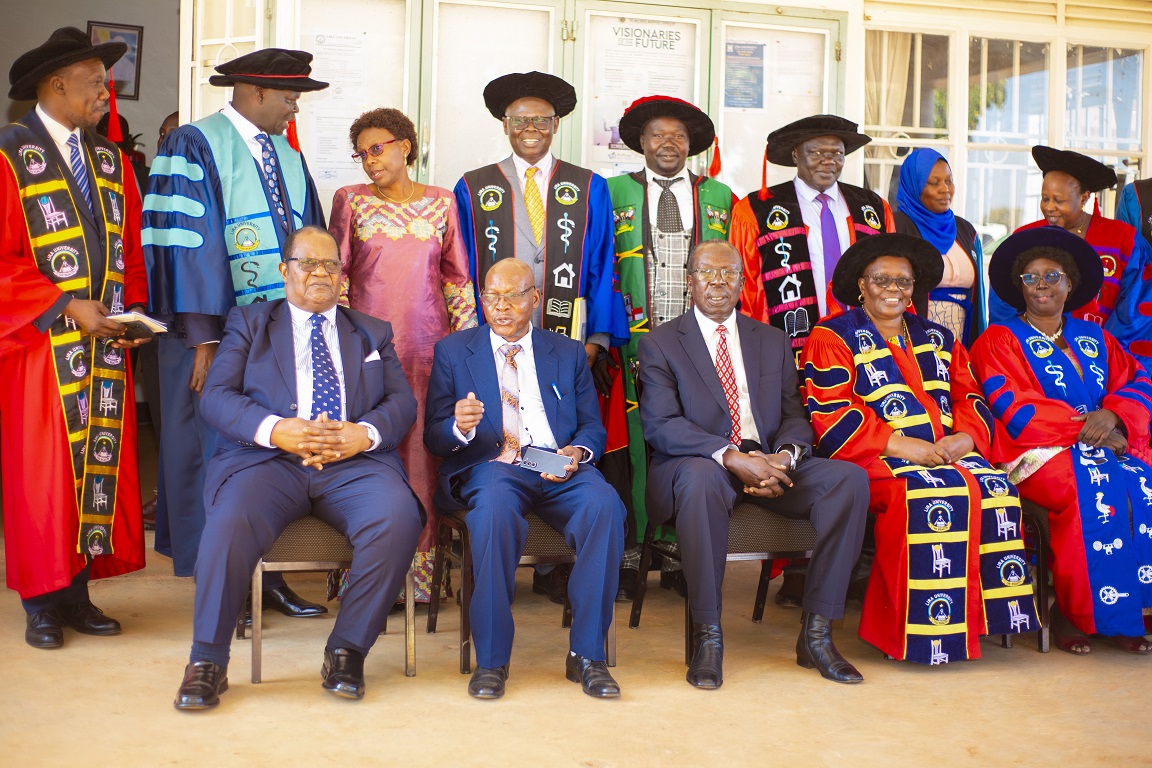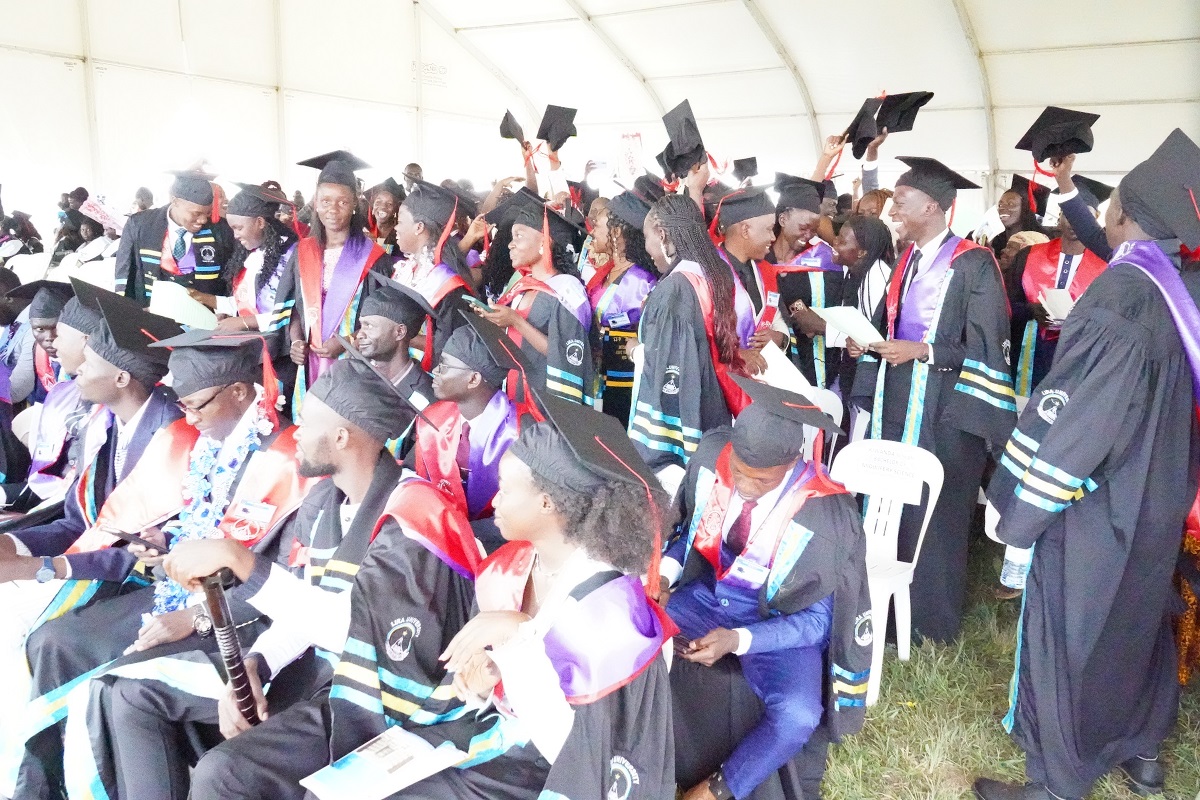By Patrick Opio
Senior Communications Officer
Lira University has awarded Morris Ekuka an honorary Doctor of Letters in Music Education in the genre of Folk Poetry at its 6th Graduation Ceremony held on 17th January 2025.
Minister of State for Higher Education, Hon. John Chrysostom Muyingo praised the late Ekuka for his immense contribution to the entertainment sector, development, awareness creation and music industry in Lango and the world at large.
Hon. Justice Dr. Benjamin Josses Odoki, the Chancellor, Lira University, conferred the Posthumous Doctorate degree to the late Ekuka, represented by the widow and children.
Dr. Laury Lawrence Ocen, Senior Lecturer and HOD Professional Studies presented a colourful citation about Ekuka’s life and achievements, as indicated below:
Executive Summary of Ekuka’s Artistic and intellectual credentials.
- Composed and performed more than 40 songs in the folk genre of Okeme (thumb piano)
- Operated an informal music academy in Abia for more than 20 years, where he trained and mentored young people in ikoce and okeme music, instrument carving, and instrument repair.
- Revolutionised folk music by introducing tube fiddle, foot shakers, and small drum as acoustic accompaniments to the okeme (thumb piano).
- Captured transnational, transcultural spaces using his okeme productions played and performed in automobile radios, Ytube channels, and FM radios.
- Glocalised okeme genre through international travels that enabled him to perform before global audiences in Germany, Canada, America, and the UK.
- For more than 20 years, he was an ideologue of social change using his music, a feat that made him to partner with civil society organizations, government of Uganda, and community-based organizations.
- Used his music to vehemently fight the maladies of sexual and gender-based violence, corruption, public health scandals, political violence, etc.
- Used his music as tool for psychosocial therapy, resilience, and recovery in post-war northern Uganda.
- Contributed to scholarship and development of social science and humanities research through new styles and innovation in the okeme folk texts that he created.
Citation Narrative.
Morris Ekuka Sirikinti Ogwal Adongo was born in 1963 in Abia sub county, Alebtong district, and died on 17th November 2024 at Lira University Teaching Hospital. To say that Ekuka is the Greatest Of All Time folk artist in Lango is not an over statement.
By the time of his death, Morris had left a legacy as the best-known thumb pianist produced and generically made in Lango during the first quarter of the 21st century. By the time of his demise, Morris had written, produced, and performed up to 43 folk okeme songs, 15 ikoce dance created in the musical language of okeme (thumb piano, and had modernised okeme performance by integrating it with tube fiddle, drum, and tambourine foot shakers. His multi-folkloristic skills in the choreography of the thumb piano made him to stand out as a composer, folk song writer, singer, and performer. Unlike most artists, usually gifted in one singular genre or specialised practice, Morris Ekuka had a rare acumen that enabled him to combine artistry and artisanry. As an artist he could compose, write, and sing. As an artisan, he could make, and repair broken or damaged instruments. In this, Ekuka was able to run an informal school where hundreds of apprentices learnt from him as teacher of lyrical poesis but also as an apprenticeship instructor of instrumentology.
Morris Ekuka was no stranger to academic environment. It is on record that during the 1990s, he was a consultant music instructor at the then National Teachers’ College Ngetta in the department of Music and Performance arts. The academic requirement at that time was that students of music should learn the skills of playing at least one traditional music instrument, but also be able to make or repair it in case it is broken down. It was in this field that Morris demonstrated undisputed skills in folk musicology as a player, maker, and repairer of okeme, tube fiddle, and drum. Equally important is that in the field of music education, we find strong reason to confirm Mr Ekuka as a great teacher that operated an informal music academy in Abia, but eventually spread his influences throughout Lango and the Luo and ateker diasporas, especially when he visited Germany, France, Luxemburg, and the USA in 2007 to perform before global audiences, and at the time of his death, he was billed for performance at the 2024 Nyegenyege Festival and for a tour of Spain.
Morris Ekuka participated in 2023 Lira University EDJAM (Education, Justice, and Memory International Conference hosted by Faculty of Education. As a special guest artist, he performed the role of music as aesthetic therapy of neuroses in post-war northern Uganda. During the EDJAM conference, Professor Patrick Otim who was attending online from the United States of America kept referring to Ekuka as “Professor,” connecting Ekuka’s art with the paper that he, Otim was presenting about postcolonial renditions in northern Ugandan folk poetry, especially the anticolonial music of the poet, Adok Too.
It was Morris Ekuka Ogwal Adongo that re-calibrated okeme folk music as a transnational cultural commodity in a revolutionary rebrand that has now captured space in the annual nyege-nyege festival where some of his songs are now being serialised. His songs are also now downloadable on elite streaming platforms and on Brussels Airlines. If a generic requirement of an intellectual is to enhance local and global transfers of knowledge, then Morris Ekuka fundamentally did that with his simple, low-cost okeme music technologies. His generic 2-3 minutes songs fitted easily within the digital and electronic requirements of modern studio productions. Since his coming into the limelight in the mid-1990s, Ekuka songs have been played in automobile radios, electronic caller tunes, laptop audios, FM radios, YouTube channels and TikTok. A celebrated intellectual is he that creates and sustains his audiences or readership. Ekuka’s captivating, magnetic, and sensualistic style in both audio-visual and open theatre performances was able to capture multi-ethnic audiences in their millions across the world. In the sustainable development discourse of inclusion and integration, Ekuka professed gender parity using the pedagogy of music in his very lengthy name of “Morris, Sirikinti, Ekuka Ogwal-Adongo, Atin-Ajo-Aryo”. This iconic name is testament of his deep respect for gender inclusion in that he names himself after both his mother and father. Very few academics and scholars have done this. Ogwal and Adongo were his late father and mother respectively. By so doing, Ekuka taught people to use music to celebrate diversity in a community that is intensely patriarchal.
In a university academic and research setting, Ekuka’s songs are a rich contribution to the curricular of good governance, political science, recovery and resilience, community psychology, HIV/Aids Education, Girl child Education, ethnic studies, patriotism studies, and anti-sexual and gender-based violence epistemologies. From the late 1990s to the late 2000s, Morris Ekuka devoted his songs to the cause of disarmament, return, and rehabilitation of the war-torn northern Uganda. He was a strong mouthpiece of civil society activism and advocacies, a government ideologue for social transformation, and a cultural patriot who envisioned resilience and forgiveness as panacea for northern Uganda’s total recovery. For this reason, he was nicknamed “Arabkop”, meaning broadcaster, or the mouthpiece that stood between voices of power and powerlessness, between the spectacular and the ordinary, and between the elite and the vernacular. Morris Ekuka’s art was a bridge that diffused linguistic, regional, religious, and political divides in heterogenous communities of northern Uganda. There are probably very few intellectual fields that Ekuka’s songs have not engaged. Intellectually, Ekuka’s songs have contributed to scholarship in music, poetry, theatre, film, media studies, public, sexual, and reproductive health. Students of literature, anthropology, folklore, music, and ethnoscience have extensively used Ekuka’s works as research texts or as entry points into critical pedagogical and epistemological inquiries in the humanities and social sciences. Formalists, aestheticians, governmentologists, and human rights scholars find Ekuka’s songs rich in style, content, and form. As a soloist connoisseur, the interlocutory, dialogic, and multi-tonal rendition of discourse is intriguing in his songs.
Ekuka has contributed immensely to the development of style and artistic techniques in poetry, music, and discourse. To give only one example out of the many, Ekuka is one artist who has extensively used Socratic interlocution techniques in his songs. He asks questions and answers them technically using simulations, model-voices, and replications. In a forthcoming vision to start departments of oral literature and performance studies, Ekuka would most likely be studied as “Special Author” in the folk literature curriculum. His authorial impact in the field of folk theatre and oral poetry has led to the birth and expansion of local groups such as Abwoc Yie Kec, a group he joined in 1974, Lango Band (that he also helped to found), Yotkom Smart, Tekulu United, and may others in Abia and other parts of Lango. Finally, Mr Chancellor Sir, Lira University is a pioneering Public University in Uganda currently undertaking a study of the place and role of vernacular intelligentsias in knowledge production, technology transfers, and in the shaping of public discourse. This distinguished and exceptionally high-profile award does not therefore come as a surprise. As Lira University, we therefore present Morris Sirikinti Ekuka Ogwal-Adongo Atin Ajo Aryo for the award of Honorary Doctor of Letters of Lira University.


